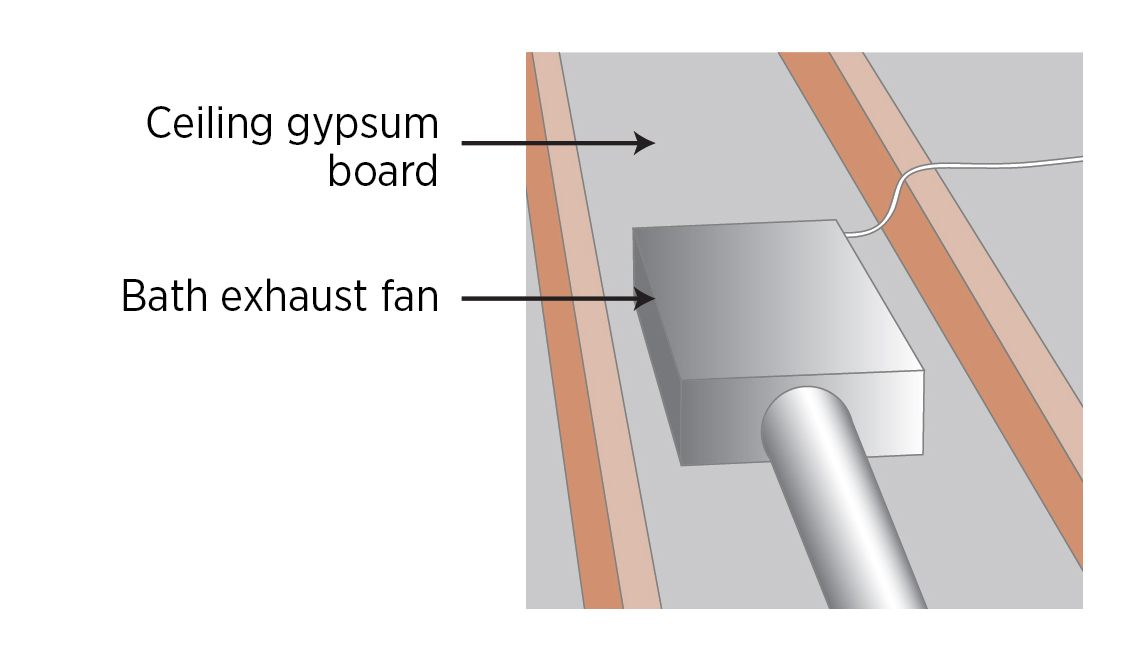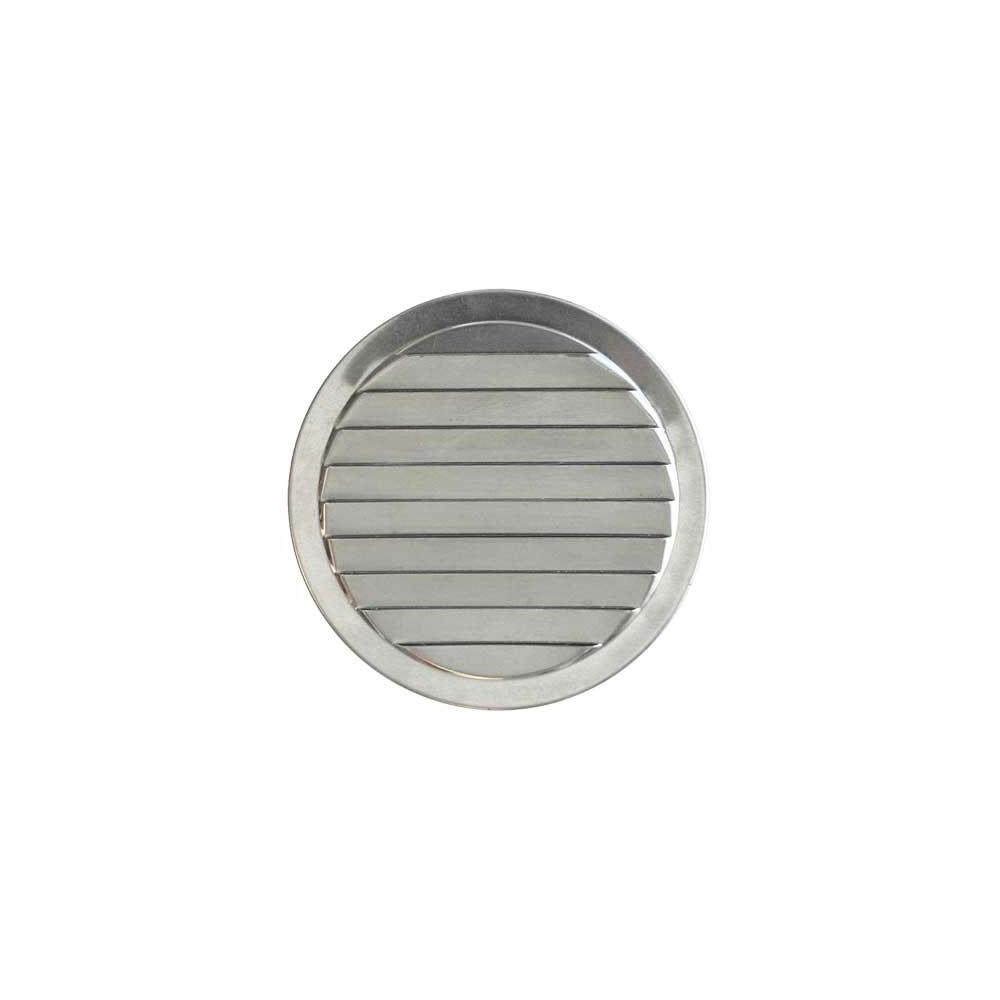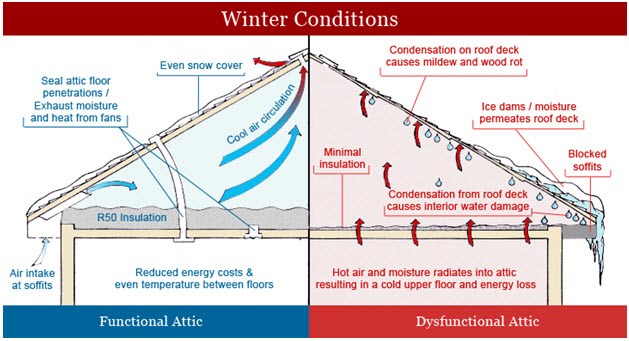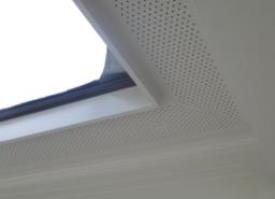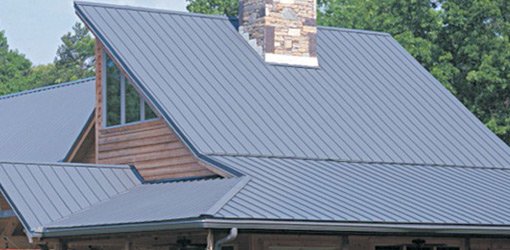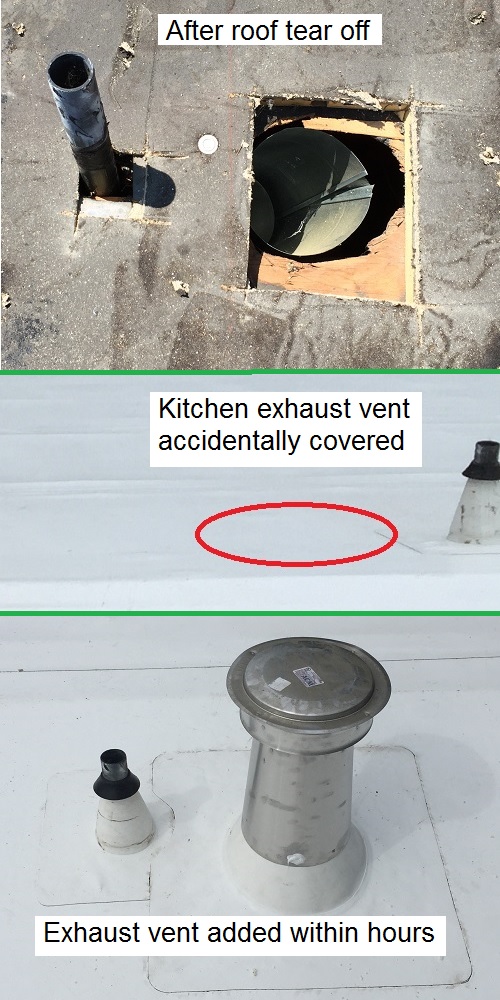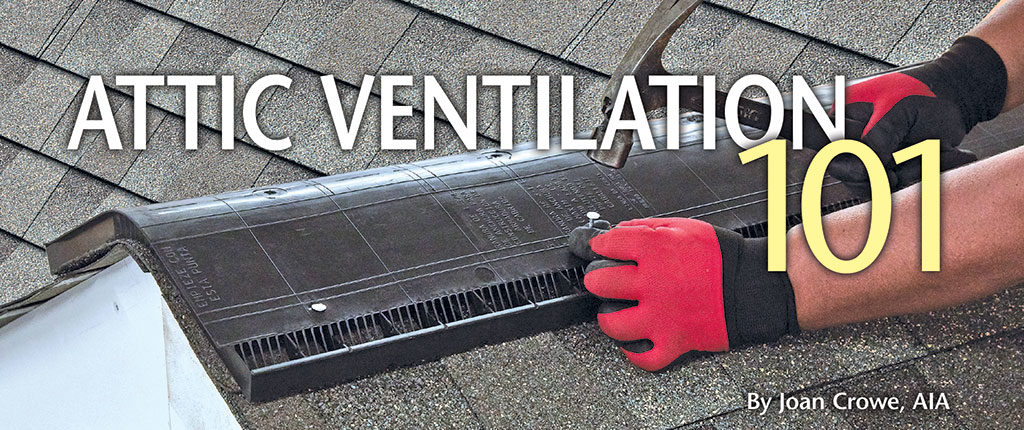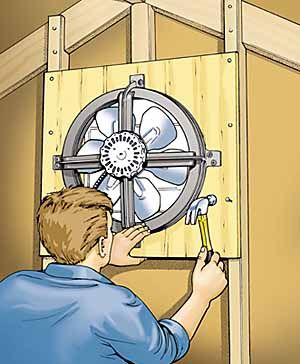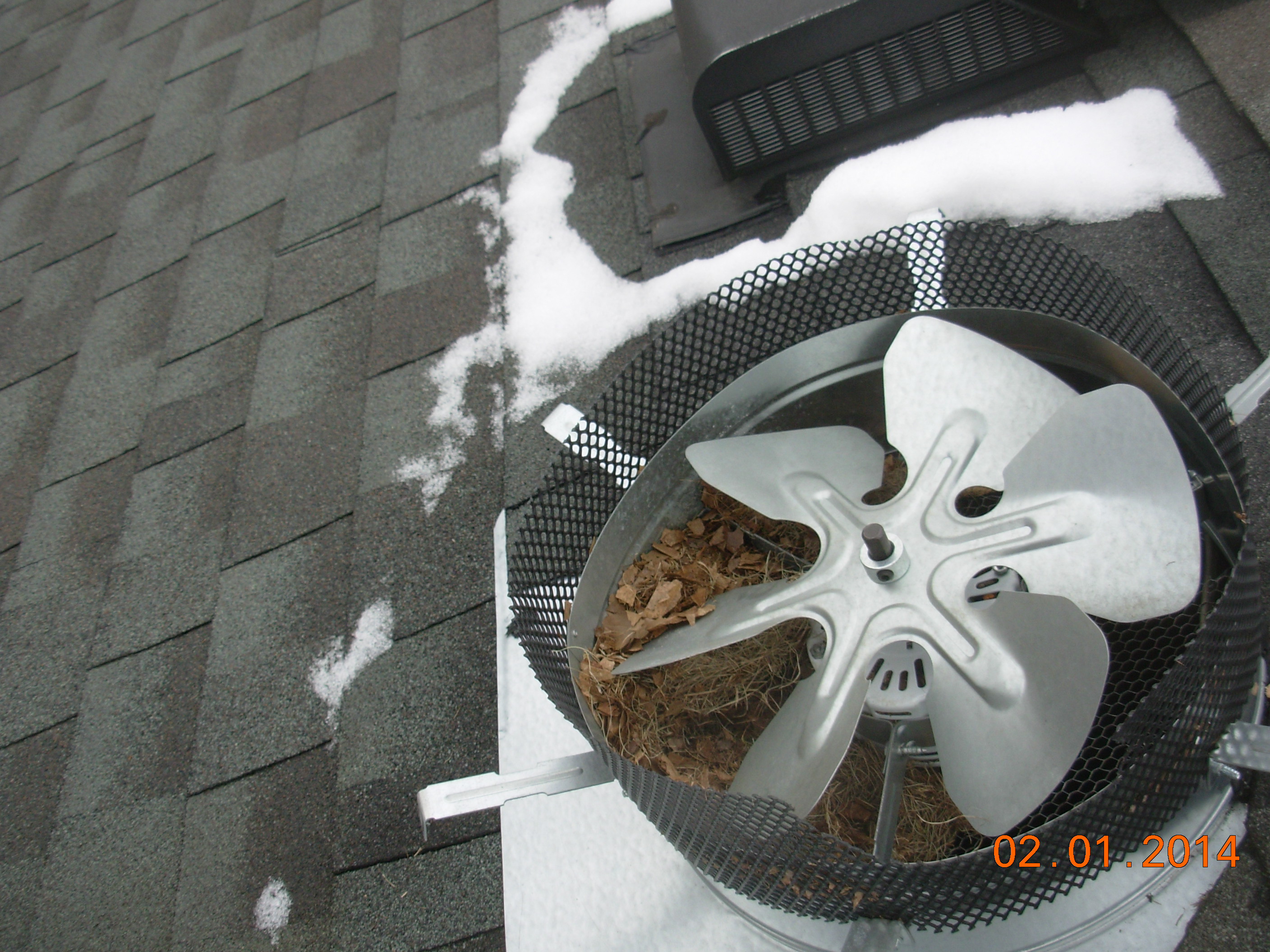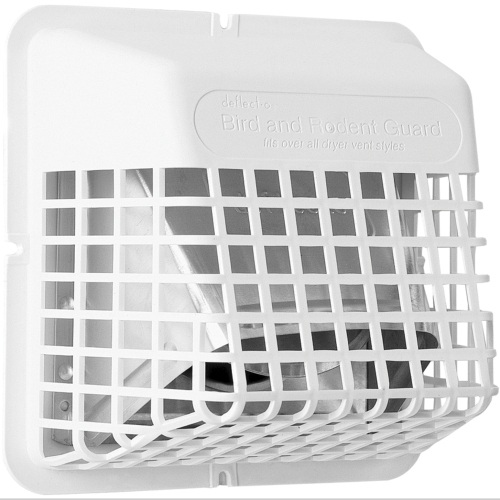Covering Attic Ventilation Holes
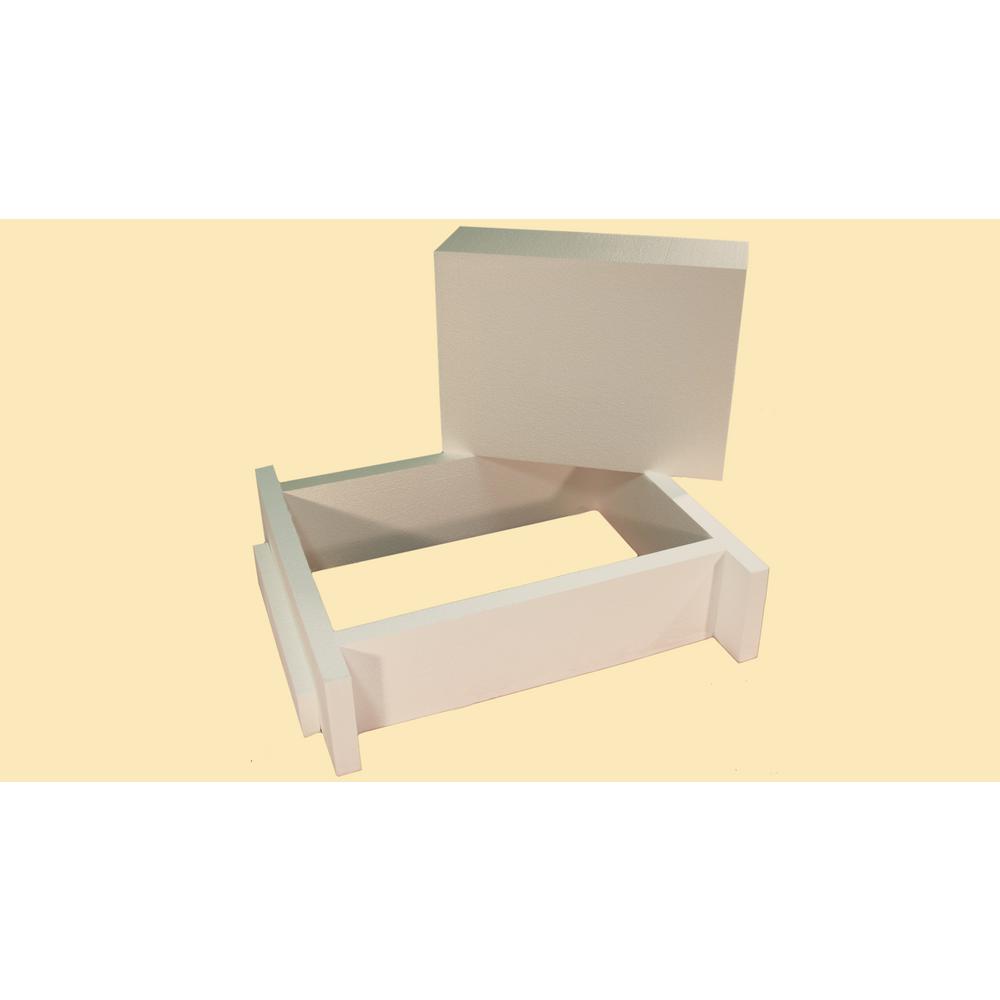
Photos 1 6 show how it s done.
Covering attic ventilation holes. Hardware cloth is fairly rigid mesh with heavy gauge wire that is not easily damaged by animals. Installation of this type of attic ventilation involves leaving a gap in the sheathing along the ridge and covering it with a perforated vent. Adding attic vents is a simple matter of cutting holes and installing vents. The answer is to cover the holes with a type of metal mesh called hardware cloth.
In other words the entire vent opening doesn t count as vented space. It comes on an easy to install flexible mesh roll and is hand nailable with no complicated fitting wrapping nail gun adapters. Mark the roof venting locations from the attic where you can see the rafters and avoid placing roofing vents over them. It easily installs in seconds place it nail it done.
Static vents often protrude from roofline thanks to. Buy hardware cloth with 1 8 inch or 1 4 inch openings. But before you cut any holes plan the locations of the attic vents. Generally speaking you need a ratio of 1 300 where for every 300 square feet of ceiling space you need 1 square foot of attic ventilation.
It is an easy plug solution that makes converting from static vents to ridge ventilation products faster and stronger than other methods. This will keep out pests without restricting airflow through the vent holes. That said air resistance and interference such as vent grates reduces the area of true ventilation.
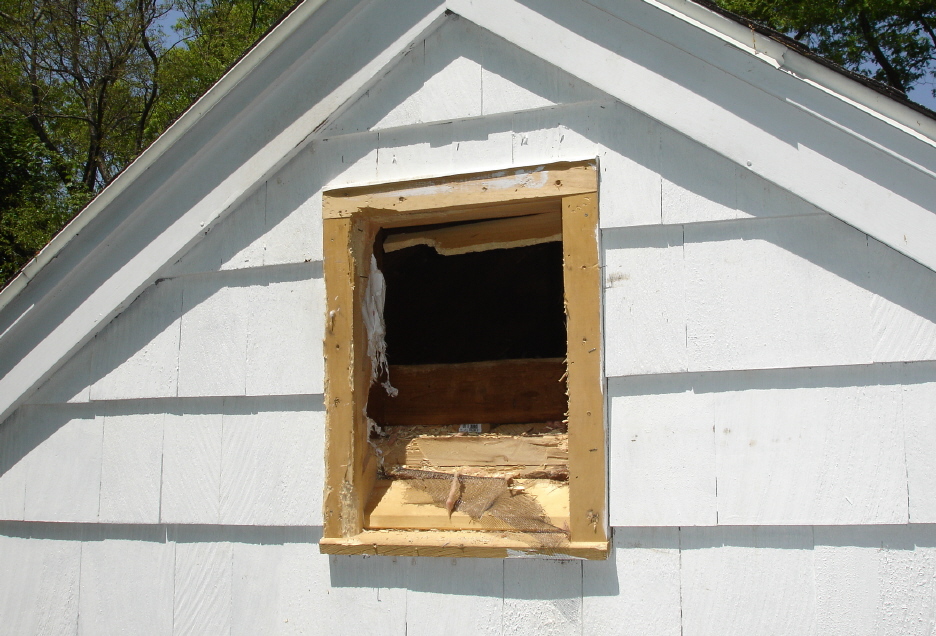
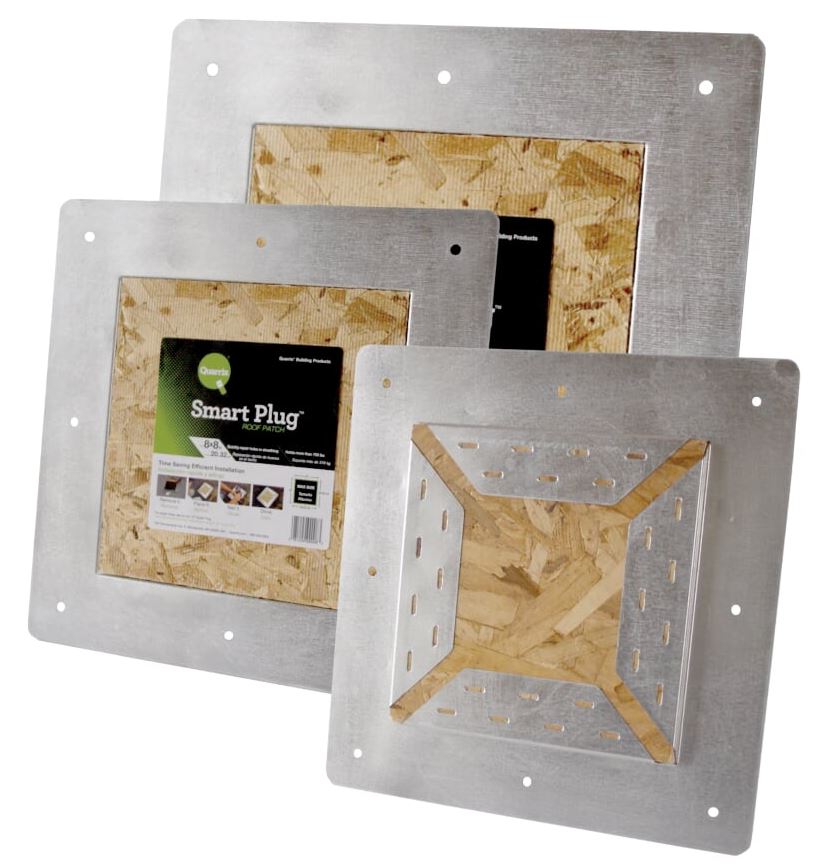
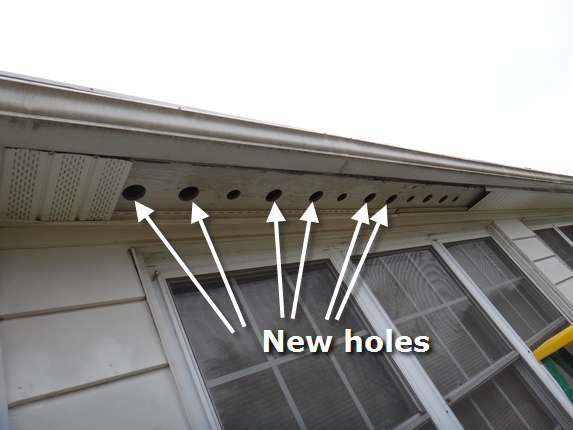
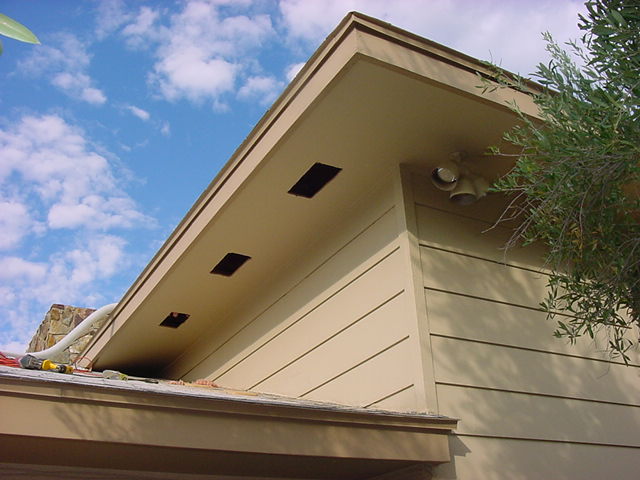


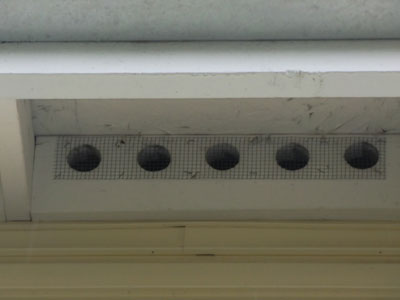





/two-column-content/the-smart-way-convert-static-vent-(1).jpg.aspx?lang=en-US&width=323&height=285)


